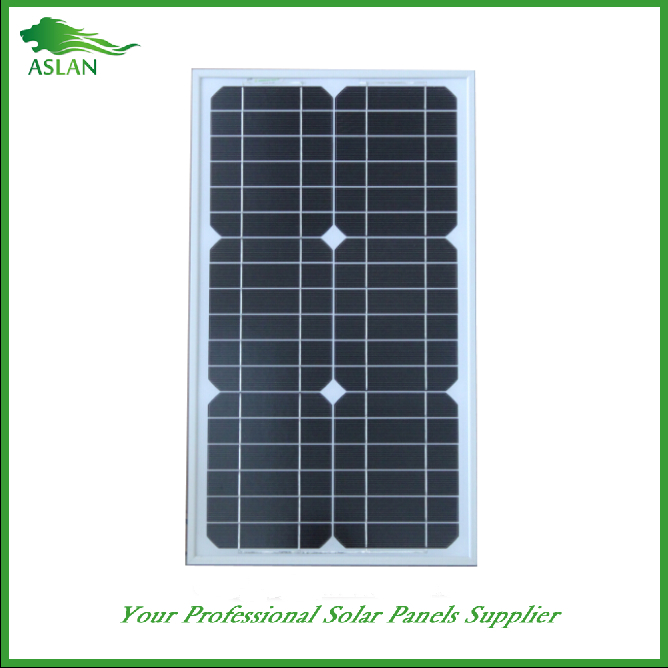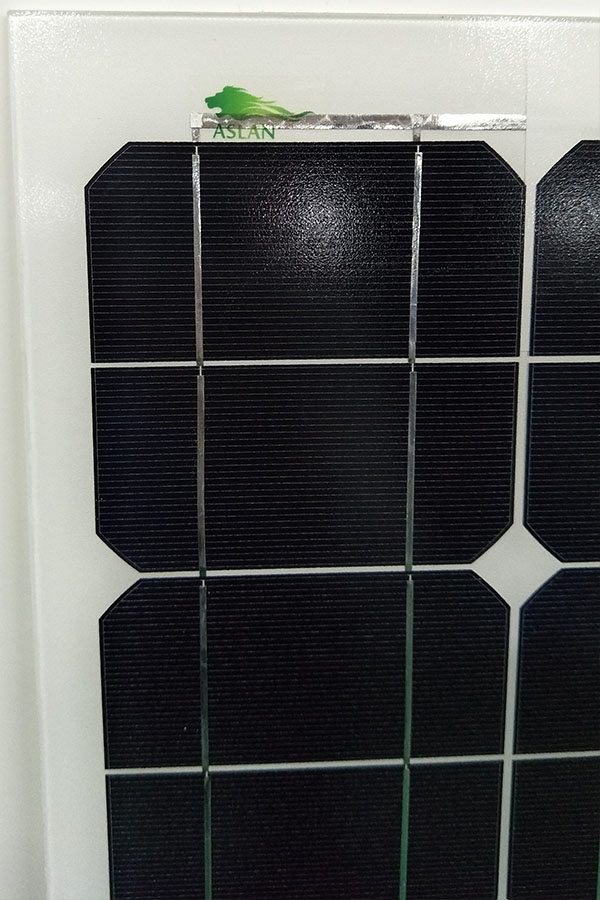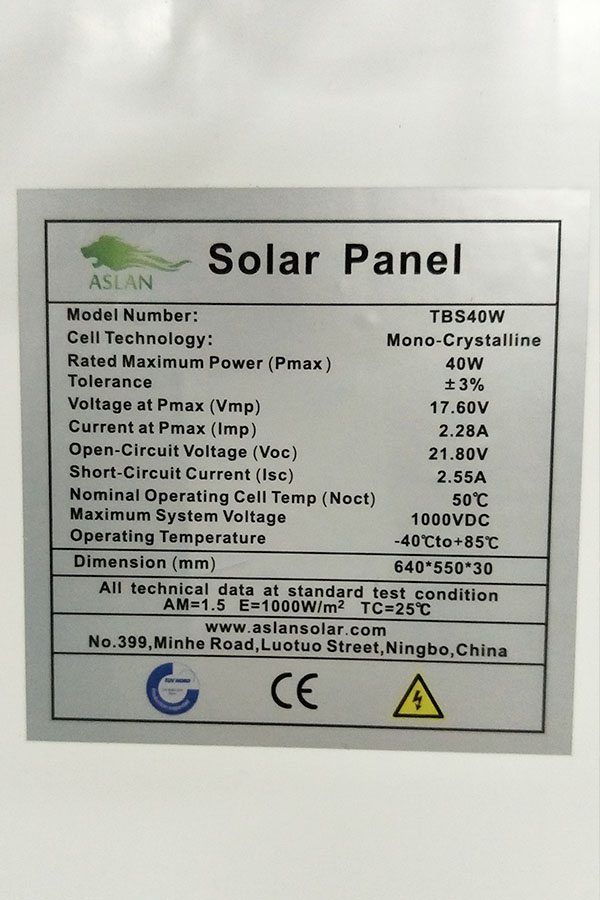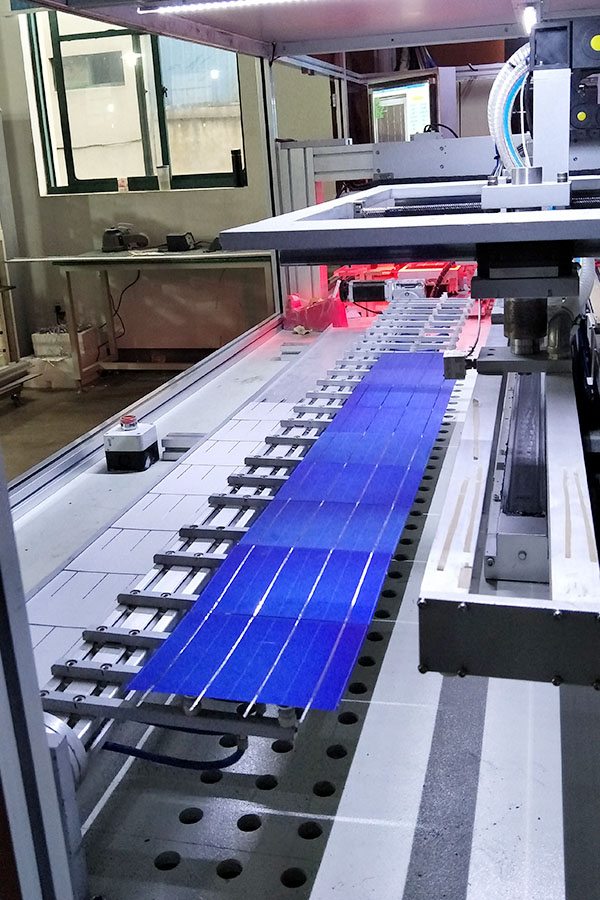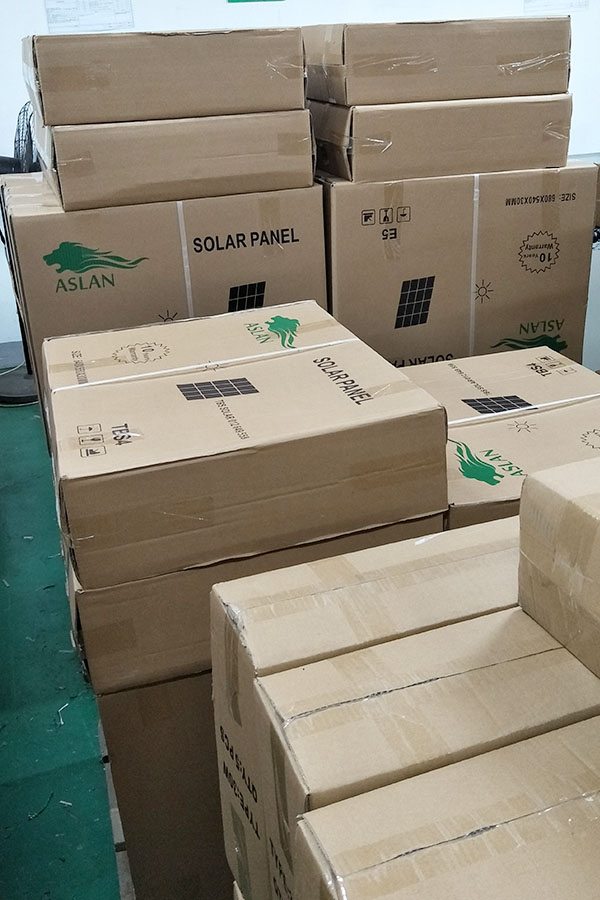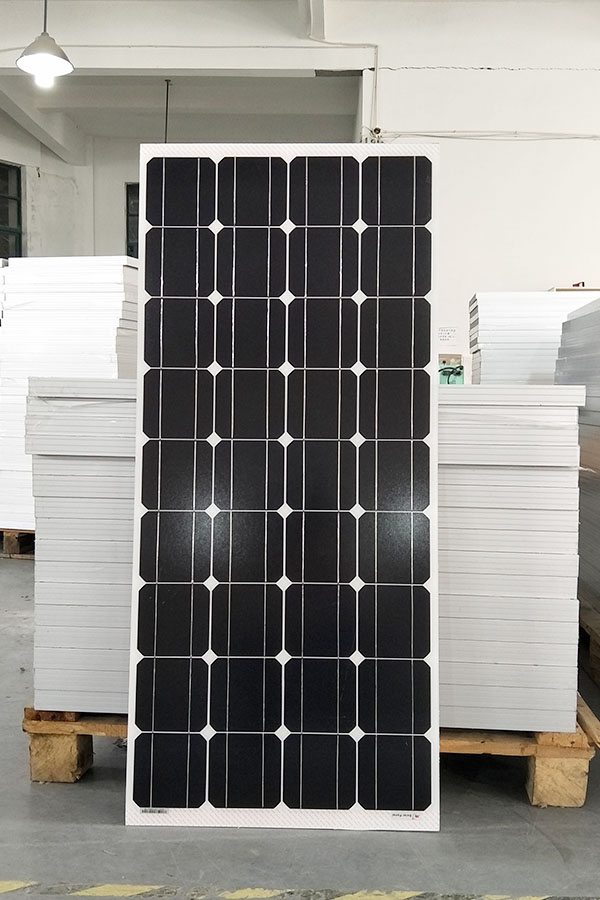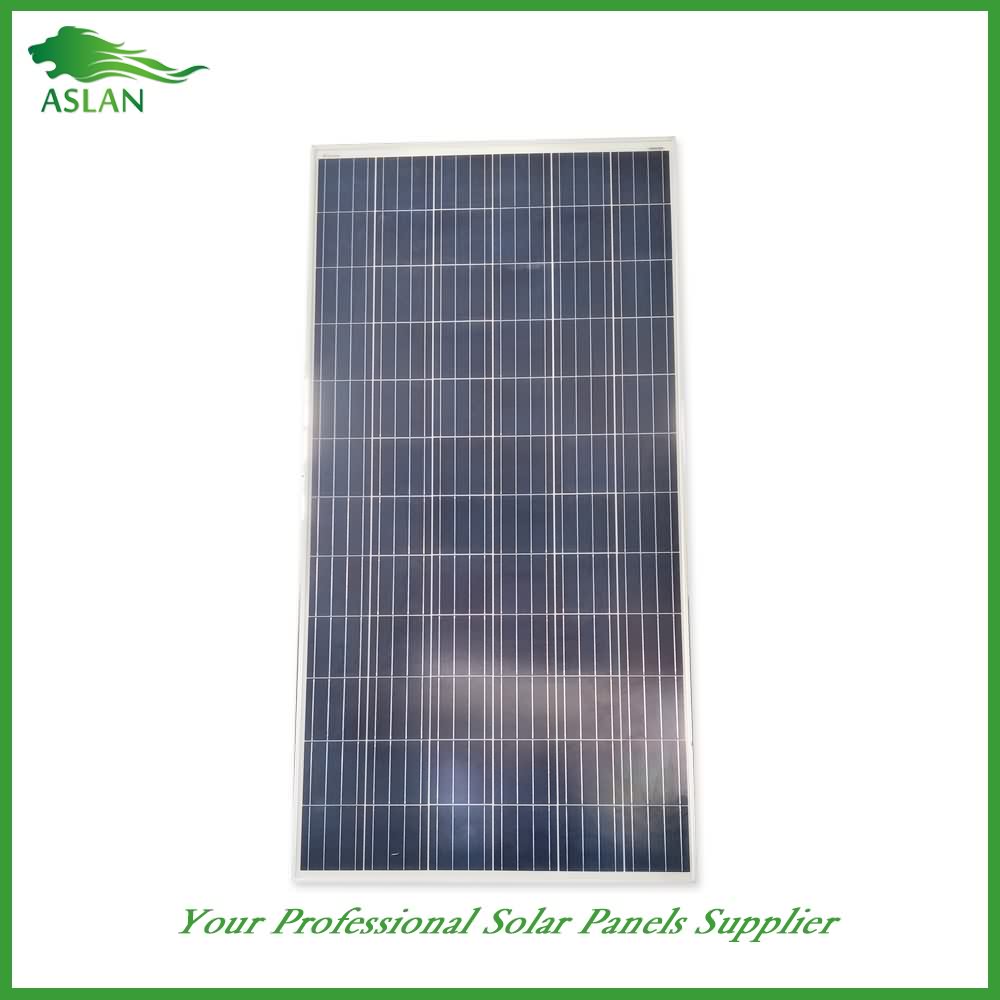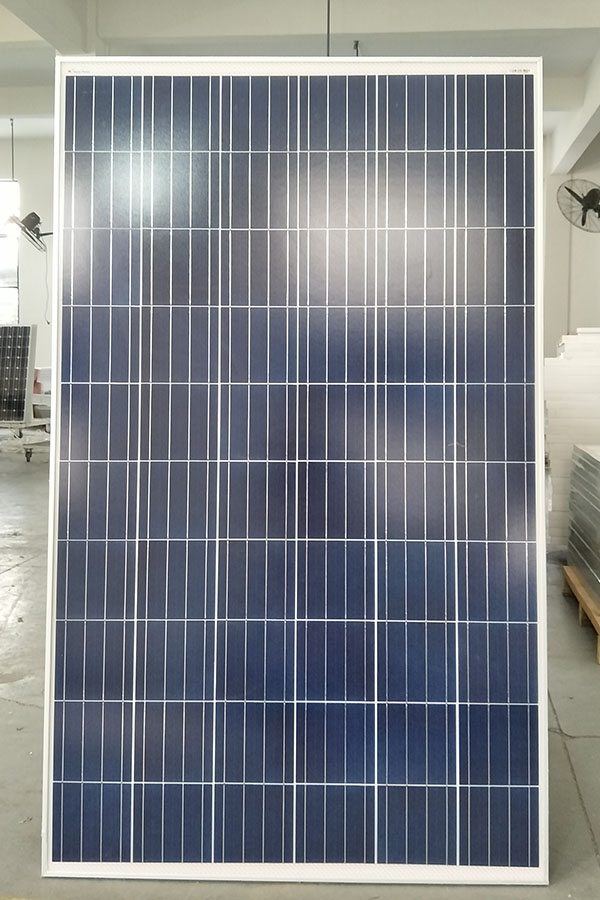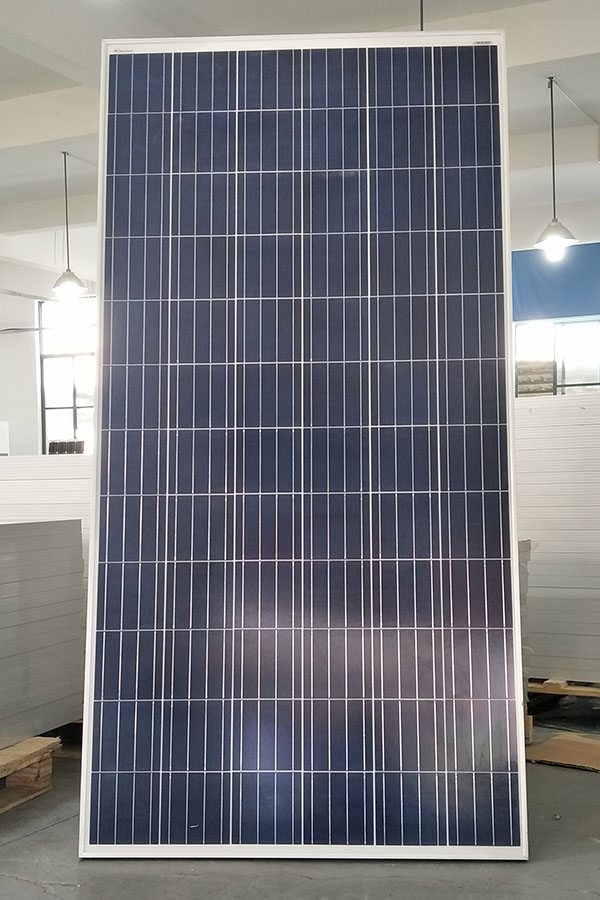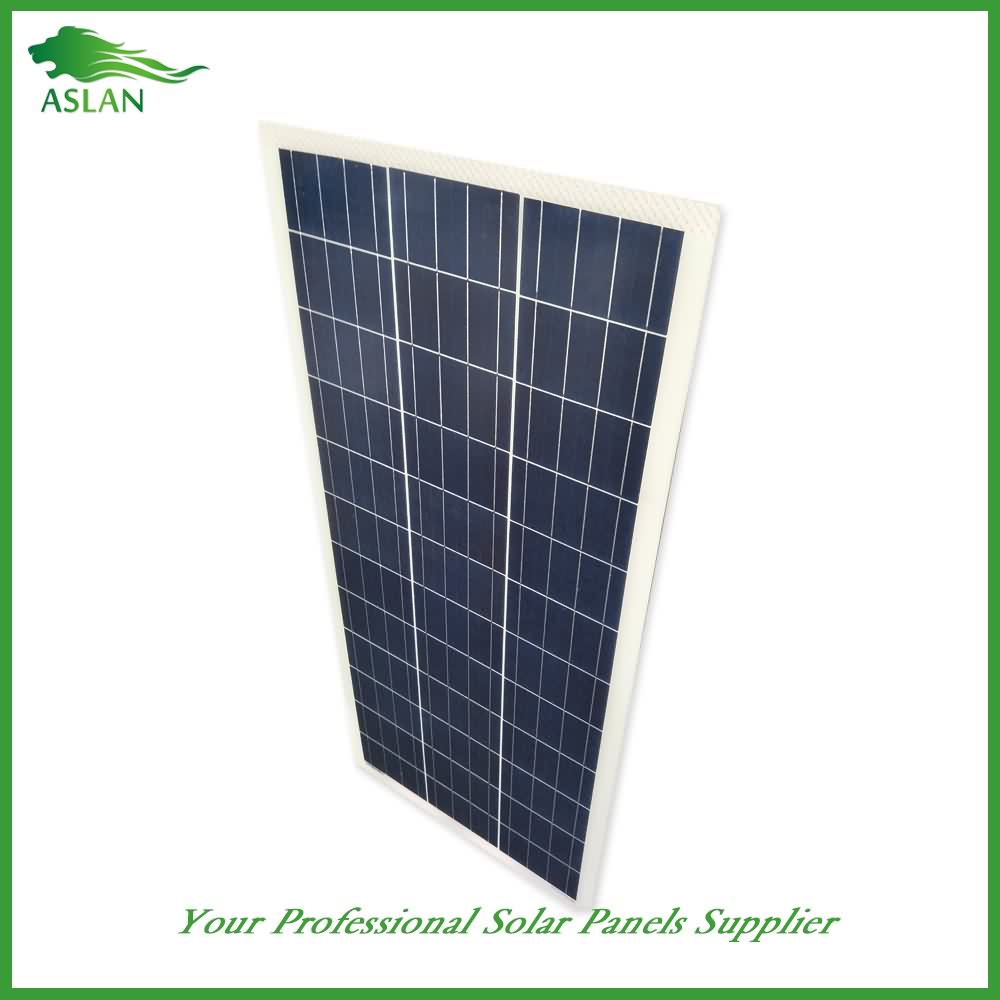factory wholesale good quality Mono-Crystalline 30W Solar Panel Cyprus Manufacturer
Short Description:
Our team through professional training. Skilled professional knowledge, strong sense of service, to meet the service needs of customers for factory wholesale good quality Mono-Crystalline 30W Solar Panel Cyprus Manufacturer, We warmly welcome your participation based on mutual benefits in the near future.
Mono-Crystalline 30W Solar Panel
Technical parameter
Maximum Power(W) 30W
Optimum Power Voltage(Vmp) 17.66V
Optimum Operating Current(Imp) 1.71A
Open Circuit Voltage(Voc) 21.39V
Short Circuit Current(Isc) 1.88A
Mechanical Characteristics
Cell Type Mono-crystalline 125×41.6mm
No of Cell 36 (4x9pcs)
Dimensions 449x554x25mm
Weight 2.8Kg
Front Glass 3.5mm,High Transmission, Low Iron,Tempered Glass
Junction box IP65 Rated
Output Cable TUV 1×4.0mm2/UL12AWG,Length:900mm
Temperature and Coefficients
Operating Temperature(°C): -40°C ~ + 85°C
Maximum System Voltage: 600V(UL)/1000V(IEC) DC
Maximum Rated Current Series: 15A
Temperature Coefficients of Pmax: -0.47%
Temperature Coefficients of Voc: -0.389%
Temperature Coefficients of Isc: 0.057%
Nominal Operationg Cell Temperature (NOCT): 47+/-2°C
Materials of solar panel
1).Solar Cell——Mono-crystalline solar cell 125*41.6mm
2).Front Glass——-3.2mm, high transmission, low iron, tempered glass
3).EVA——-excellent anti-aging EVA
4).TPT——-TPT hot seal made of flame resistance
5).Frame——anodized aluminum profile
6).Junction Box——-IP65 rated, high quality, with diode protection
Superiority: high quality anodized aluminum frame, high efficiency long life, easy installation, strong wind resistance, strong hail resistance.
Features
1. High cell efficiency with quality silicon materials for long term output stability
2. Strictly quality control ensure the stability and reliability, totally 23 QC procedures
3. High transmittance low iron tempered glass with enhanced stiffness and impact resistance
4. Both Poly-crystalline and Mono-crystalline
5. Excellent performance in harsh weather
6. Outstanding electrical performance under high temperature and low irradiance
Quality assurance testing
Thermal cycling test
Thermal shock test
Thermal/Freezing and high humidity cycling test
Electrical isolation test
Hail impact test
Mechanical, wind and twist loading test
Salt mist test
Light and water-exposure test
Moist carbon dioxide/sulphur dioxide
Bahawalpur, May 6 (ANI): Pakistani Prime Minister Nawaz Sharif inaugurated the country’s first solar power plant, the latest fruit of increasingly close cooperation with China and a step towards an electoral promise to end crippling power cuts. The solar park in Punjab province produces 100 MW of power, which will be increased to 1,000 MW by next year. The plant, owned by Punjab province and built by China’s Tebian Electric Apparatus Stock Co Ltd (TBEA), took a year to build at a cost of $190 million, Pakistani government documents show. Power shortages cripple industry and have led to widespread discontent. Sharif is keen to address the problem before the next election, due by 2018. Pakistan says $37 billion of Chinese investment is going into energy ventures to generate 16,400 MW of power.
This is the second update video for the project we are doing for the 2012 Phoenix Contact Xplore competition.
Project Summary: For our senior project in Engineering at Elizabethtown College, we are creating a hybrid solar tracking system by using Phoenix Contact’s Nanoline Solar Calculator to track the sun’s seasonal movement and by using a small solar panel as a sensor to track the sun’s daily movement. We are using Phoenix Contact equipment to do all of the sensor measurements and to control the movement of the solar panels.
Project Update #1: Lutron Electronics donated motors for us to use to move our solar panels. A problem we encountered was figuring out how to control the Lutron motors using a Phoenix Contact nanoLC. We came up with a way to control the motors by exploiting the manual push-button control feature that they have. We also implemented a system that allowed us to test our method of closed-loop motor control using a nanoLC along with motors and analog-output accelerometers.
Project Update #2 (this video): We have built the frames that will be used to hold the small solar panels for the demo of our tracking system. Since we are using 2 nanoLC’s that need to communicate from separate locations, we needed a way to overcome the limitations of the nanoLC ethernet modules. We did this by creating a Java application to serve as the Modbus Master for the nanoLC Modbus slaves, which enabled us to transfer values between the 2 nanoLC’s. In addition to this, we also have our control system software outlined, so it can now be programmed into our main control nanoLC.
